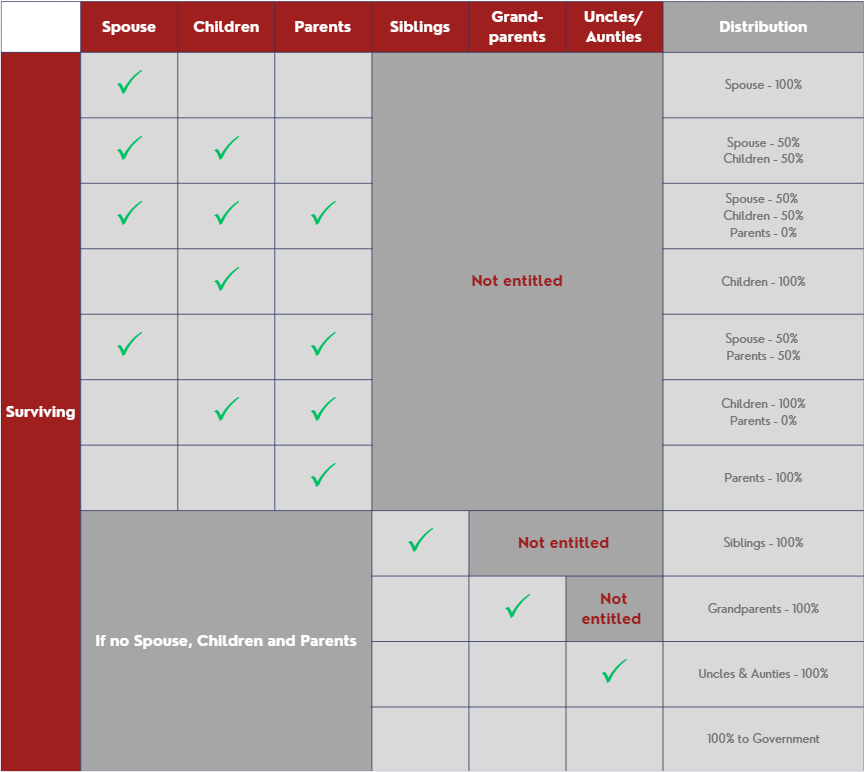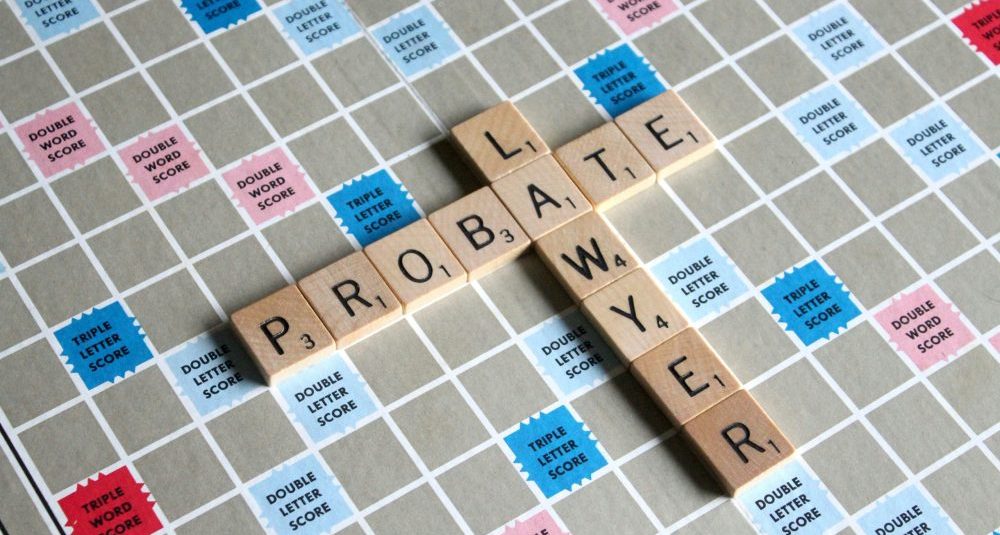Welcome back to the last installment of our four-part series!
In this section, we will share more about applying for the Resealing of a Foreign Grant, helping you understand what it is and how it works.
In Singapore, Foreign Grants issued by Commonwealth Countries and Hong Kong may be resealed by the Family Division of the High Court.
Essentially, this means that the Foreign Grant is recognised and given legal recognition by the Singapore Courts.
Upon resealing, the powers provided for in the Foreign Grant may be carried out in Singapore, with no alteration to its terms, as if it were a grant issued in Singapore.






